Damaged hair can result from a variety of factors from poor hair care, diet, improper use of brushing or heated styling instruments, chemical processing, sun overexposure or breakage from hair accessories. It can lack elasticity, be porous and limp, can shed or appear overly processed.
SO WHAT'S THE DAMAGE?
It's essential to identify the specific type of damage to apply the appropriate treatments. Different damaged conditions may require varying approaches for proper repair and restoration. Your hair texture/thickness of the strand and porosity contribute to how well your hair responds to treatment. Hair that is dry, brittle, or rough needs softening and moisturizing through fatty acid-rich ingredients found in plant, nut, and seed oils and aloe vera gel.
Hair that is ultra-fine or chemically damaged to the point of having a mushy, cotton candy-like feel, needs protein.

Protein is an essential component for hair health, and certain hair textures and conditions benefit from the addition of protein in shampoos and conditioners, particularly when dealing with fine, weak, and damaged hair. The use of protein in hair products can provide strength and reconstruction to the hair shaft.
Here's why protein is beneficial for certain hair types and conditions:
-
Fine Hair: Fine hair strands are more delicate and prone to breakage. Protein can help reinforce the hair shaft, making it more resistant to damage and breakage.
-
Weak and Damaged Hair: Weak hair lacks structural integrity and elasticity. Protein treatments can temporarily improve the hair's strength and provide some degree of reconstruction.
-
Low to High Hair Density: Hair density refers to how much hair you have on your head. Regardless of density, if the hair is fine or weak, protein can be beneficial in strengthening the hair strands.
-
Straight, Wavy, Curly, and Extra Curly Hair: All hair types can experience damage and benefit from protein treatments, regardless of their natural texture.
However, it's important to note that while protein treatments can provide temporary benefits by fortifying the hair, they do not permanently repair the hair. Excessive protein use on hair that does not need it may lead to protein overload, causing the hair to become stiff, dry, and prone to breakage.
Both protein conditioning treatments and moisturizing hair conditioning treatments require regular application to continually experience their benefits. These treatments are not permanent fixes and gradually rinse off with subsequent washes.
The effectiveness of protein treatments and the longevity of their effects can vary based on factors like the molecular weight of the protein used and the type of shampoo applied. Hydrolyzed proteins with smaller molecular weights can penetrate the hair shaft more effectively and provide greater benefits. They may also create a film or coating over the hair strand, which can temporarily improve the hair's appearance and texture.
However, this prolonged presence of proteins on the hair can lead to build-up, especially if the proteins are not washed out completely or if too much protein is applied too frequently. Protein build-up can cause the hair to become stiff, brittle, and more susceptible to breakage, particularly in certain hair textures and conditions.
To avoid protein overload and build-up, it's essential to strike a balance between protein treatments and moisturizing treatments. For hair that requires regular protein treatments, it's crucial to use a clarifying shampoo periodically to remove any build-up and reset the hair.
Additionally, it's essential to consider the individual's hair texture, density, and overall condition. Not all hair types require the same frequency of protein treatments, and overusing protein on hair that doesn't need it can do more harm than good.
Observing how your hair responds to various treatments and adjustments in your hair care regimen is essential for maintaining its health and addressing specific concerns. Hair is unique to each individual, and what works for one person may not necessarily work for another
Hydrolyzed protein is a common ingredient found in many shampoos and conditioners. It is a form of protein that has undergone hydrolysis, a process that breaks down the protein into its component amino acids. This process makes the protein water-soluble, allowing it to be easily incorporated into hair care formulas and effectively penetrate the hair strand.
Hydrolyzed protein offers several benefits for the hair:
-
Strengthening: Hydrolyzed protein can temporarily reinforce the hair shaft, making it more resistant to breakage and damage.
-
Repairing: The amino acids in hydrolyzed protein can help repair damaged areas along the hair shaft, improving the hair's overall condition.
-
Moisturizing: Hydrolyzed proteins can have a moisturizing effect, helping to retain and balance the hair's moisture levels.
-
Volume and Body: Some hydrolyzed proteins can add volume and body to the hair, particularly for those with fine or limp hair.
-
Smoothness and Manageability: Hydrolyzed proteins can improve the hair's texture, making it smoother and more manageable.
Since hydrolyzed proteins are water-soluble, they are easily absorbed into the hair shaft during the washing process. They can temporarily remain on the hair strand, providing the mentioned benefits until the next wash when they are rinsed out.
However, it's important to note that while hydrolyzed protein can be beneficial, excessive use or using it on hair that doesn't need it can lead to protein overload and potential hair damage. As with any hair care ingredient, moderation is key.
NOT SURE WHAT KIND OF DAMAGE YOU HAVE?
The elasticity test.
How your hair reacts to being stretched will help determine if you need protein or moisture treatment.
This simple hair strand test can be helpful in determining the hair's current condition and needs. Take an inch of your hair and stretch it, if it doesn’t stretch or breaks, feels dry and rough, it is brittle/damaged and needs moisture treatment.
-
Needs Moisture Treatment:
- Hair doesn't stretch or breaks when stretched.
- Hair feels dry, rough, and brittle.
Dry and damaged hair that lacks elasticity and requires hydration. Moisture treatments like deep conditioning with hydrating masks or oils can help improve its condition.
-
Needs Protein Treatment:
- Hair stretches far but does not return to its original state.
- Hair feels mushy, gummy, or like cotton candy.
Weak and over-moisturized hair that lacks structure and elasticity. Protein treatments can help strengthen the hair shaft and restore its resilience.
-
Balanced Protein and Moisture:
- Hair stretches a bit and then returns to its normal state.
Well-balanced hair that has a good combination of strength and hydration. In this case, maintaining a balanced hair care routine with both protein and moisture treatments will help keep the hair healthy.
It's essential to remember that not all hair types require the same frequency of protein or moisture treatments. Some hair types, like fine hair, might need more protein, while others, like thick or curly hair, may require more moisture. Observing how your hair responds to treatments and adjusting your regimen accordingly will help maintain its health and elasticity.
Additionally, consider other factors that can affect your hair's condition, such as environmental exposure, heat styling, chemical treatments, and overall hair care practices. A balanced approach and paying attention to your hair's needs will help you achieve and maintain healthy, beautiful hair.
Enrich Hair Mask is our moisture conditioning treatment for dry, brittle, rough hair damage. Enrich is formulated with rejuvenating plat oils. These oils contain nourishing properties that help revitalize the hair, promoting healthier-looking strands.
Carefully chosen herbs are formulated to work synergistically with the plant oils aiming to make the hair softer, smoother, and more manageable. By replenishing moisture and enhancing the hair's health, Enrich will bring back shine and volume, making your hair easier to control.
Enrich is intended to work effectively on all hair types and textures as well as color-treated hair.
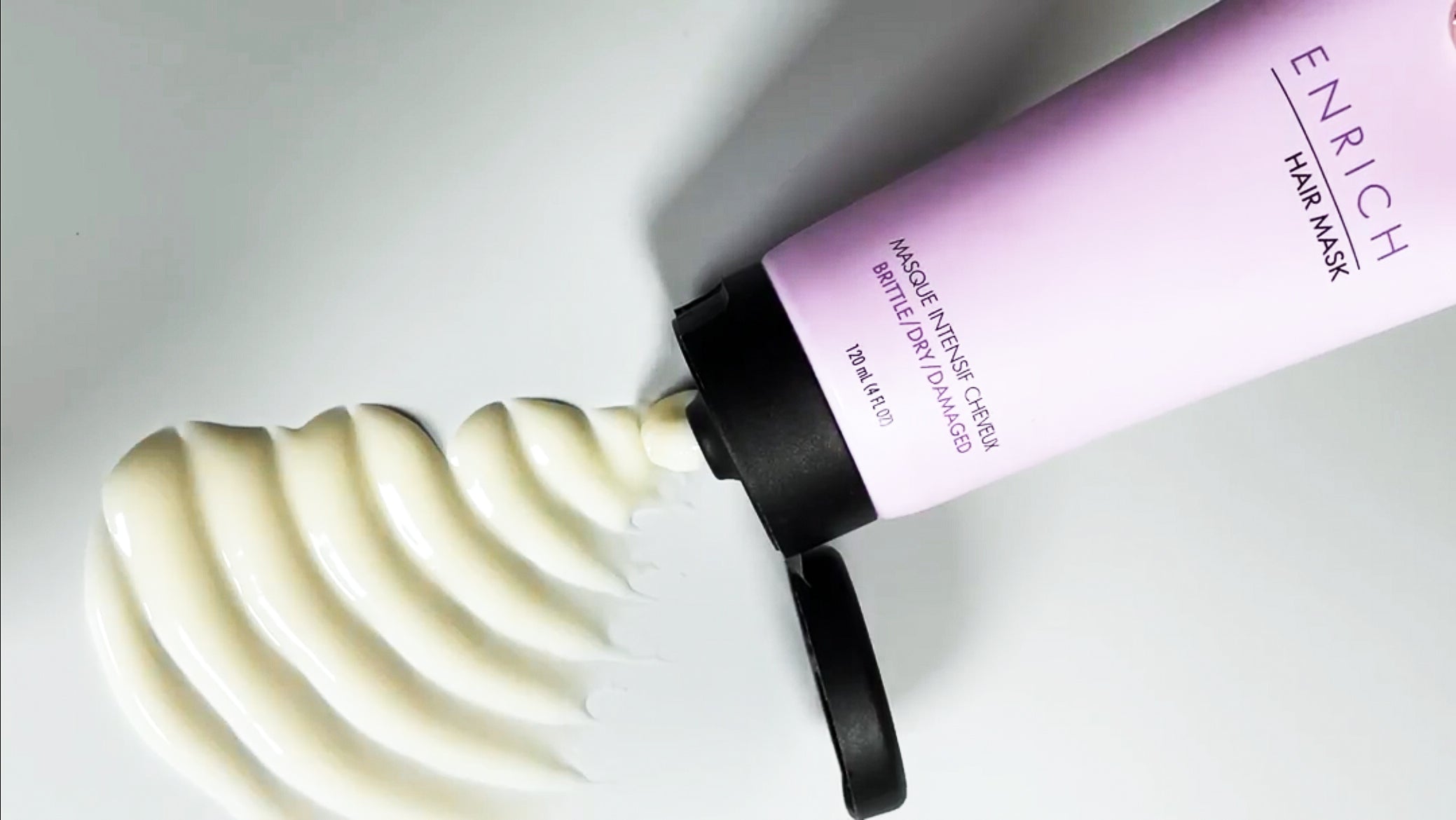



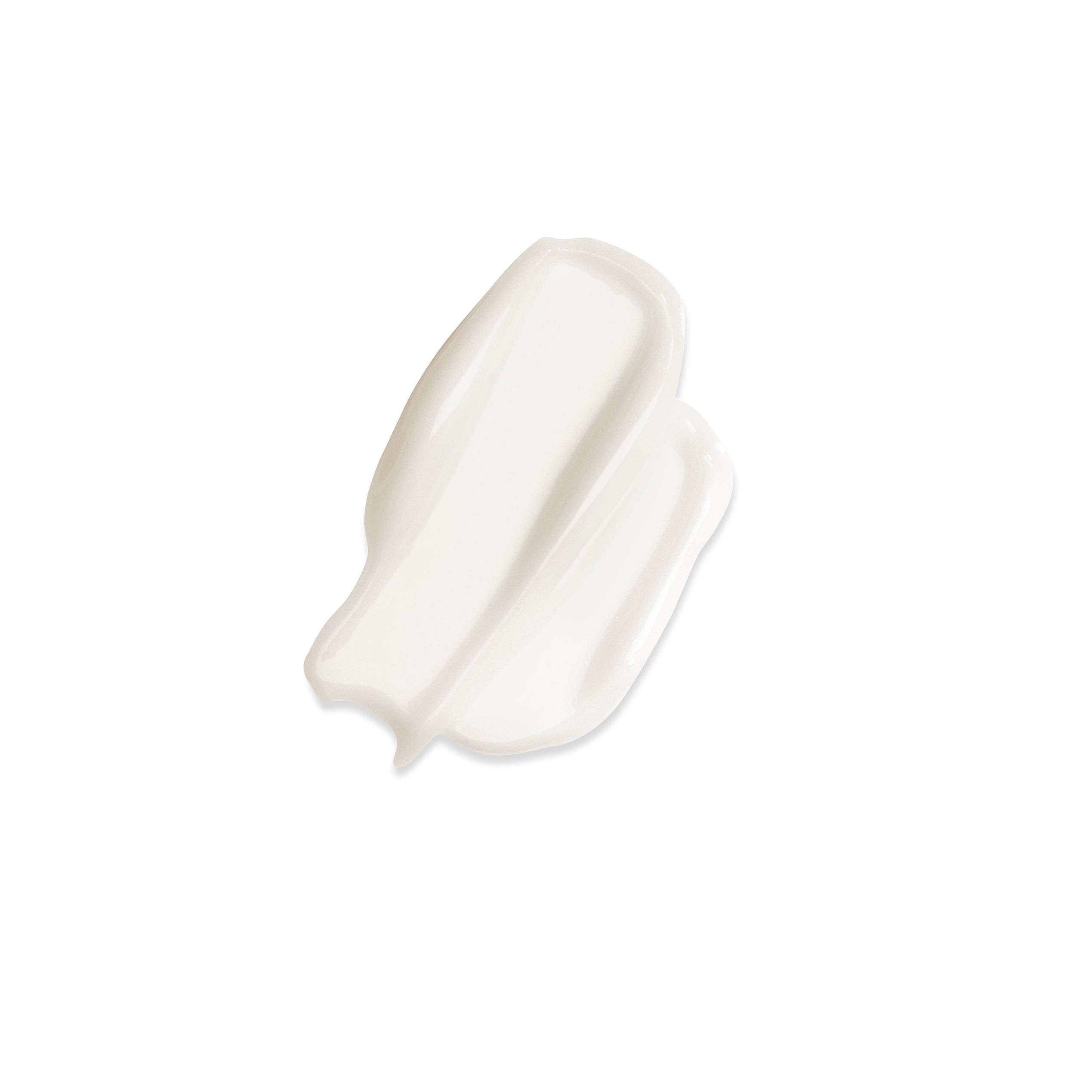
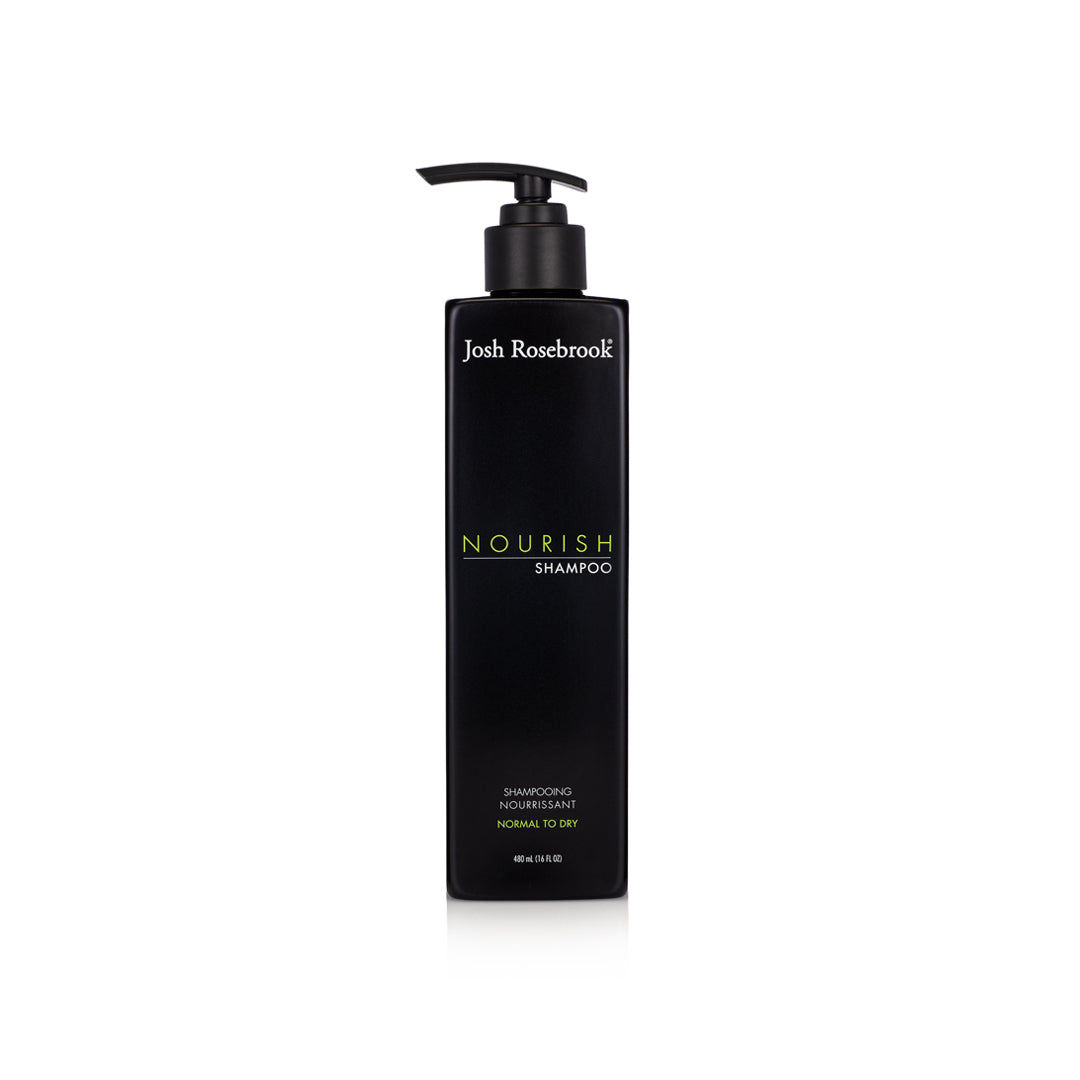
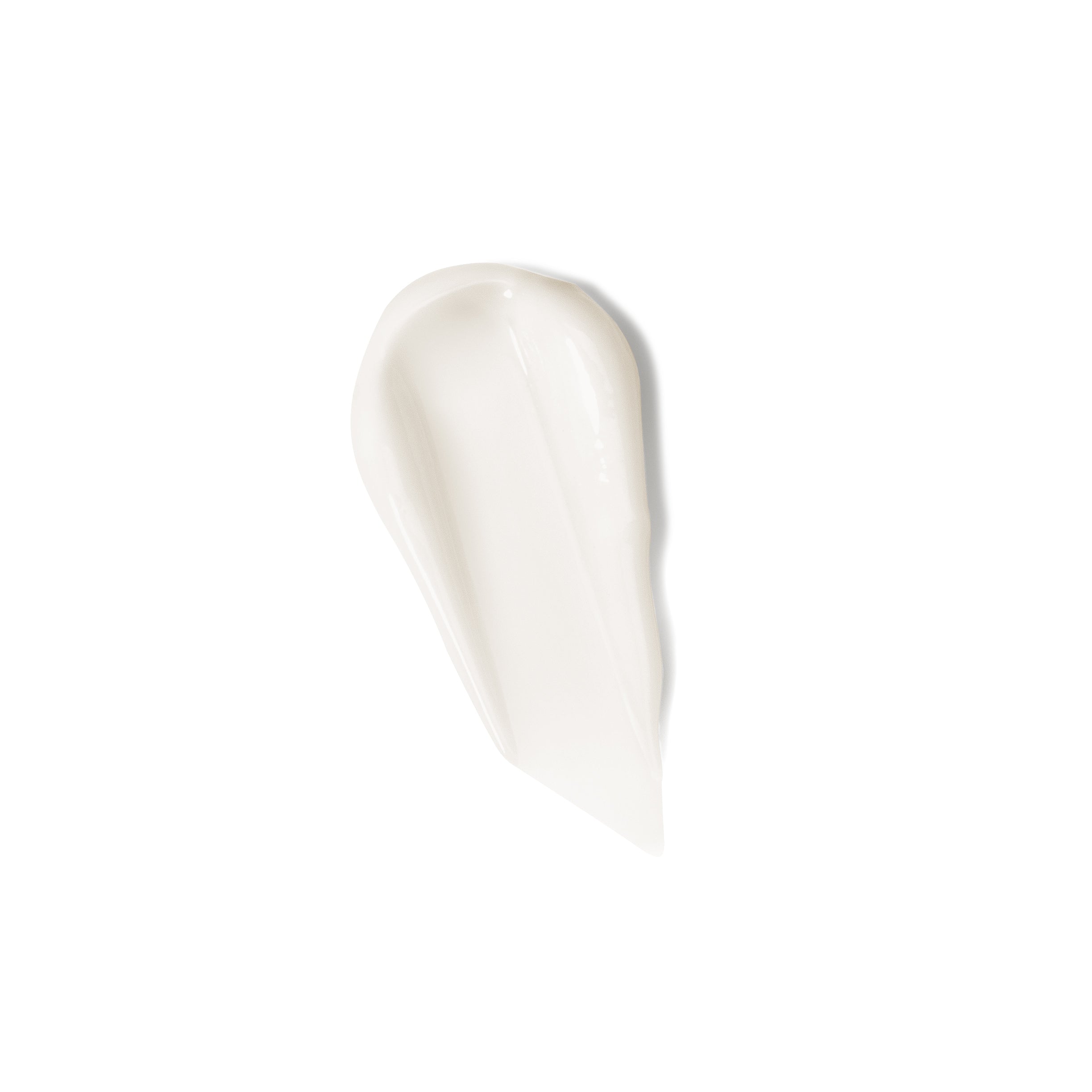
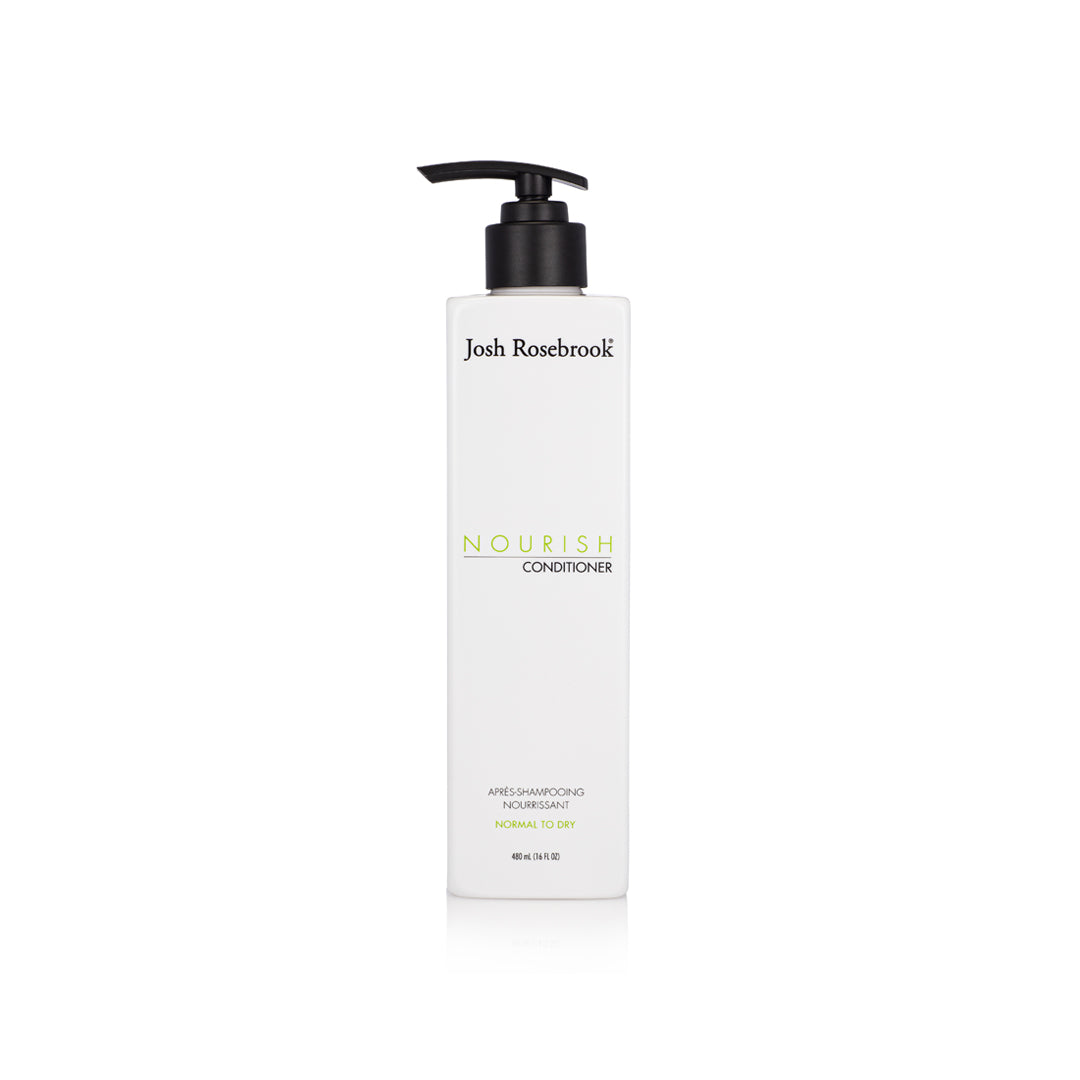
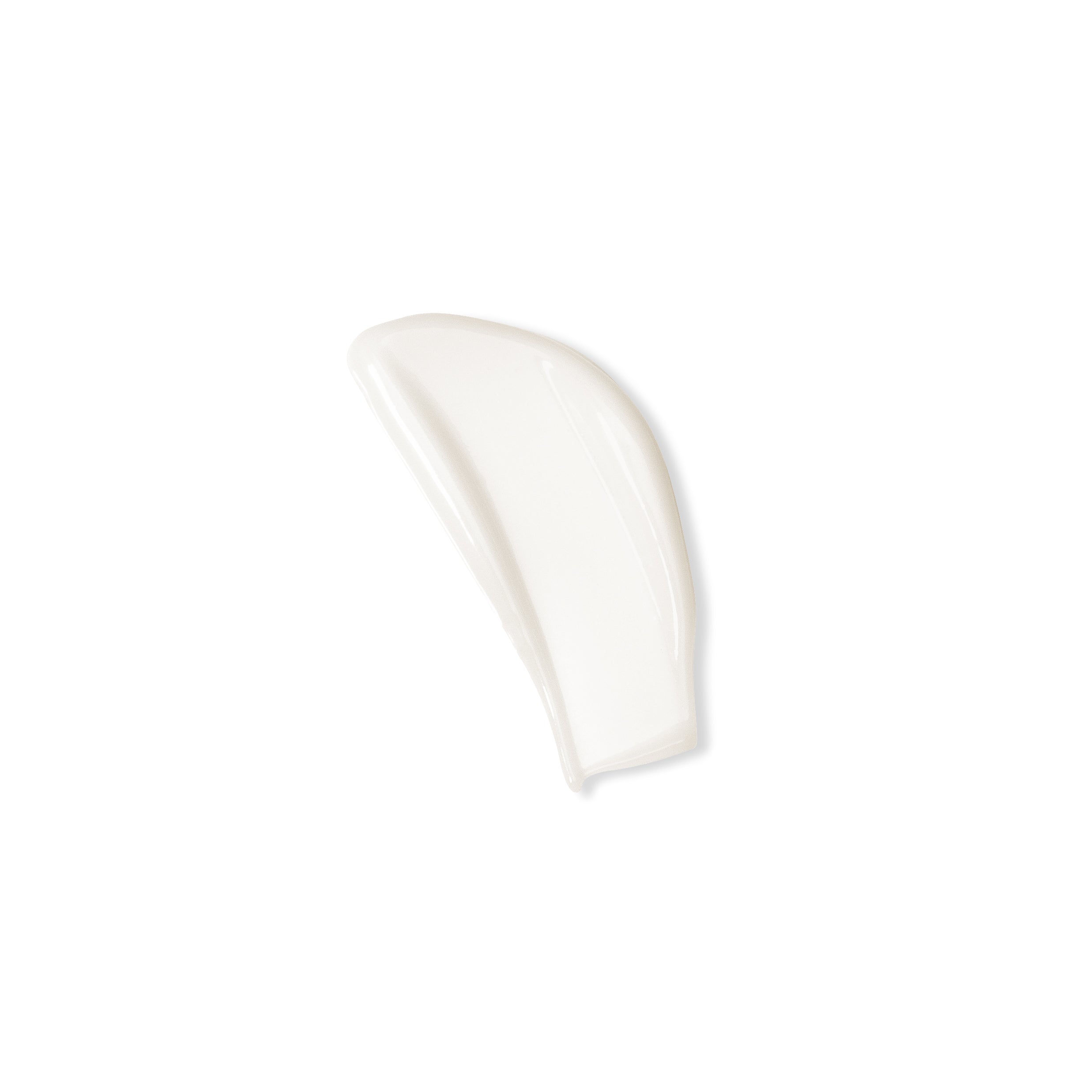
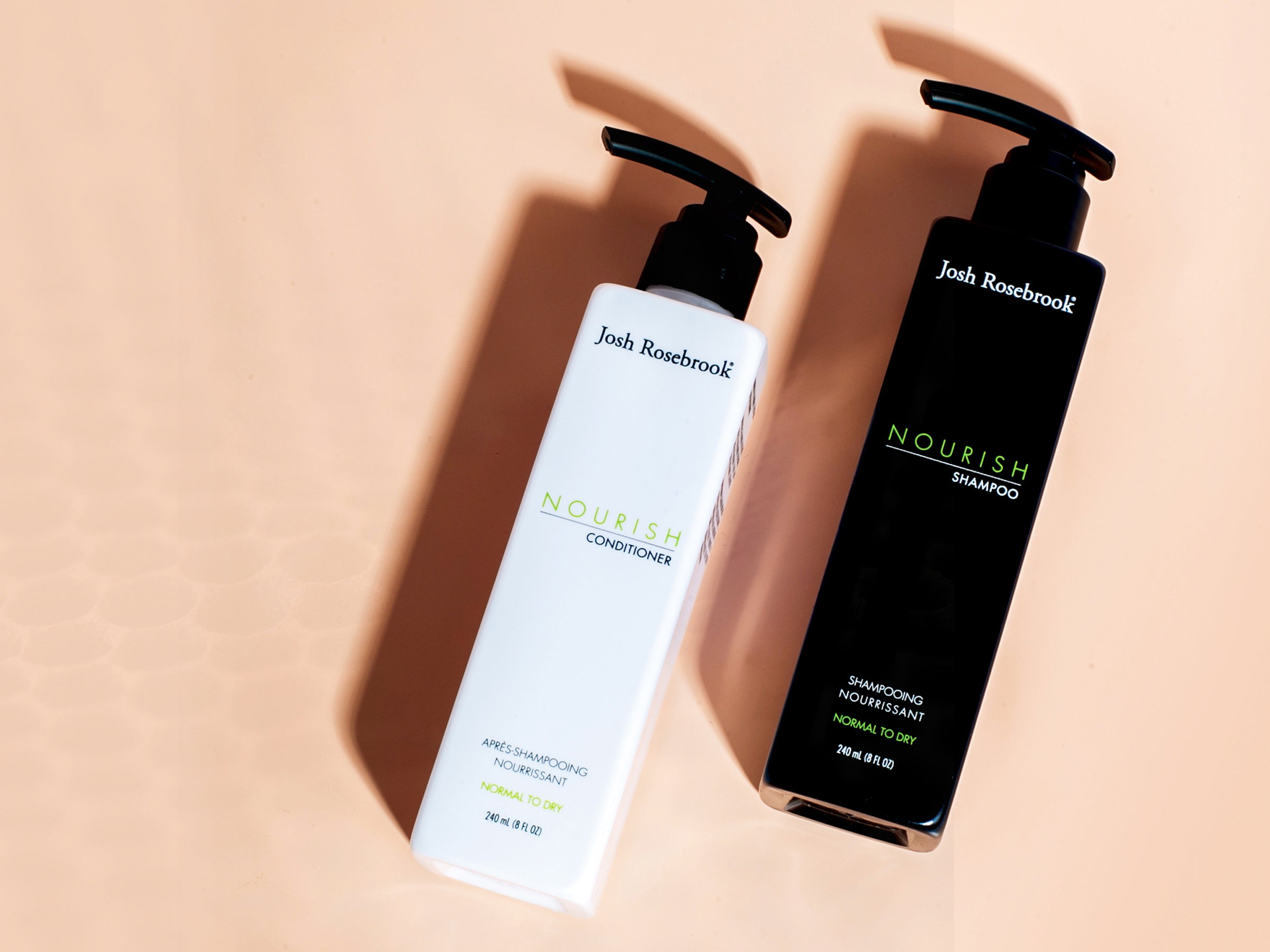
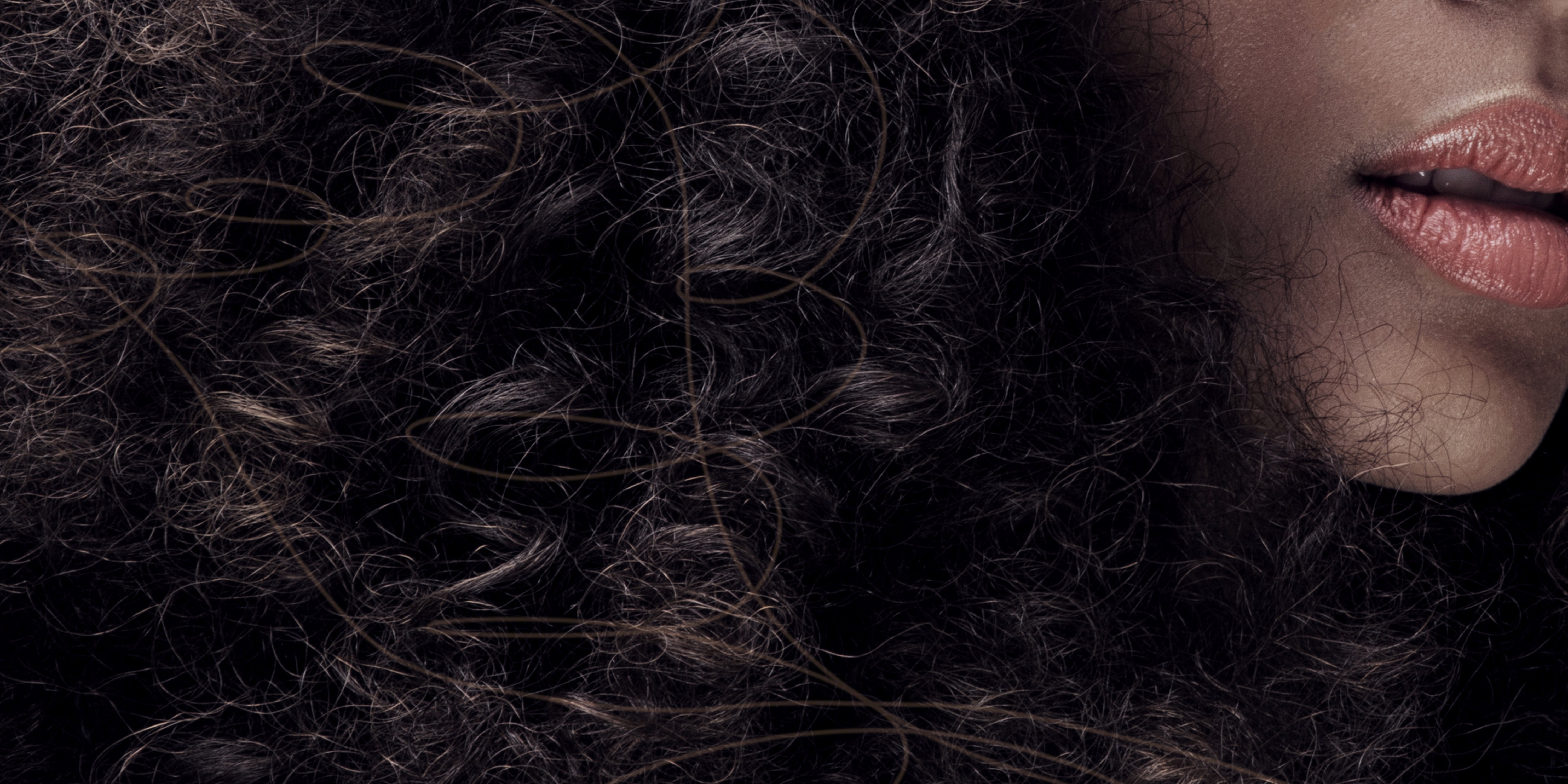
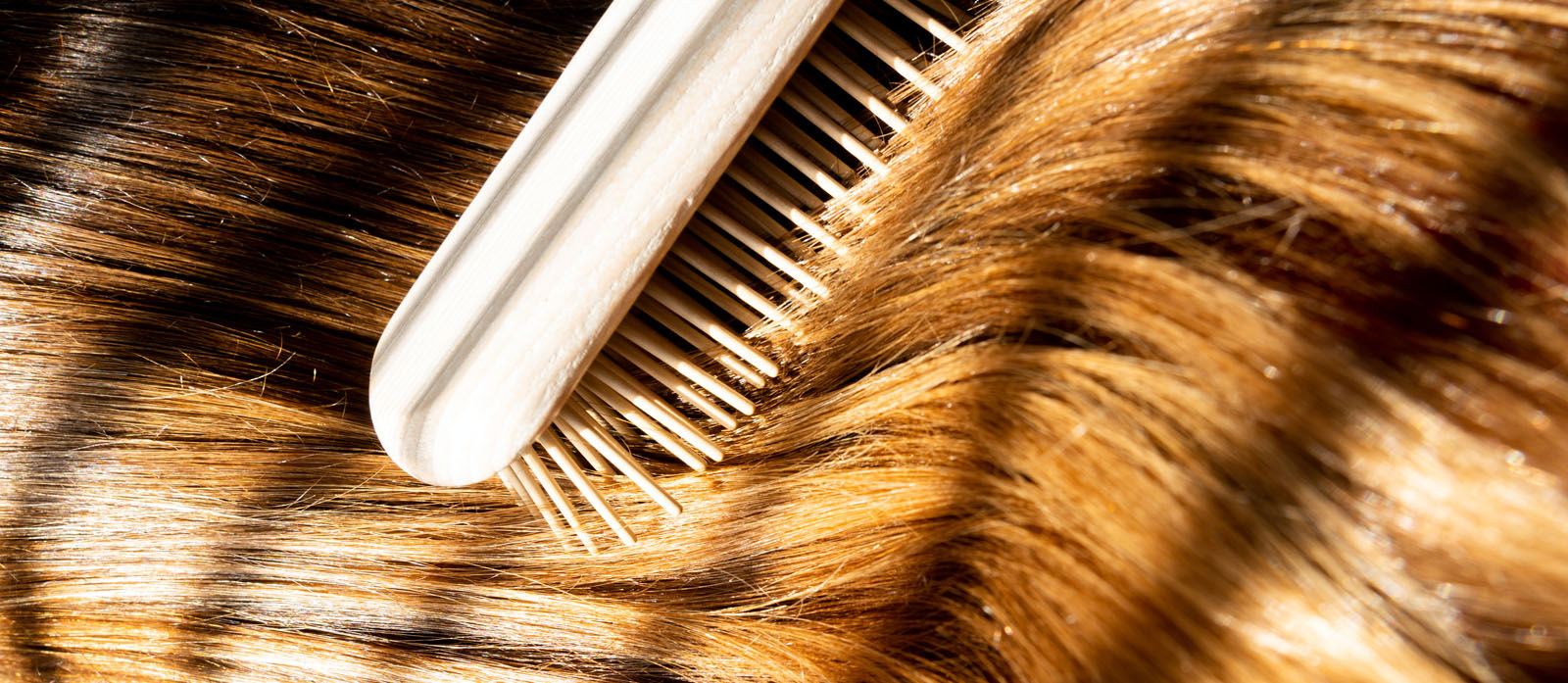
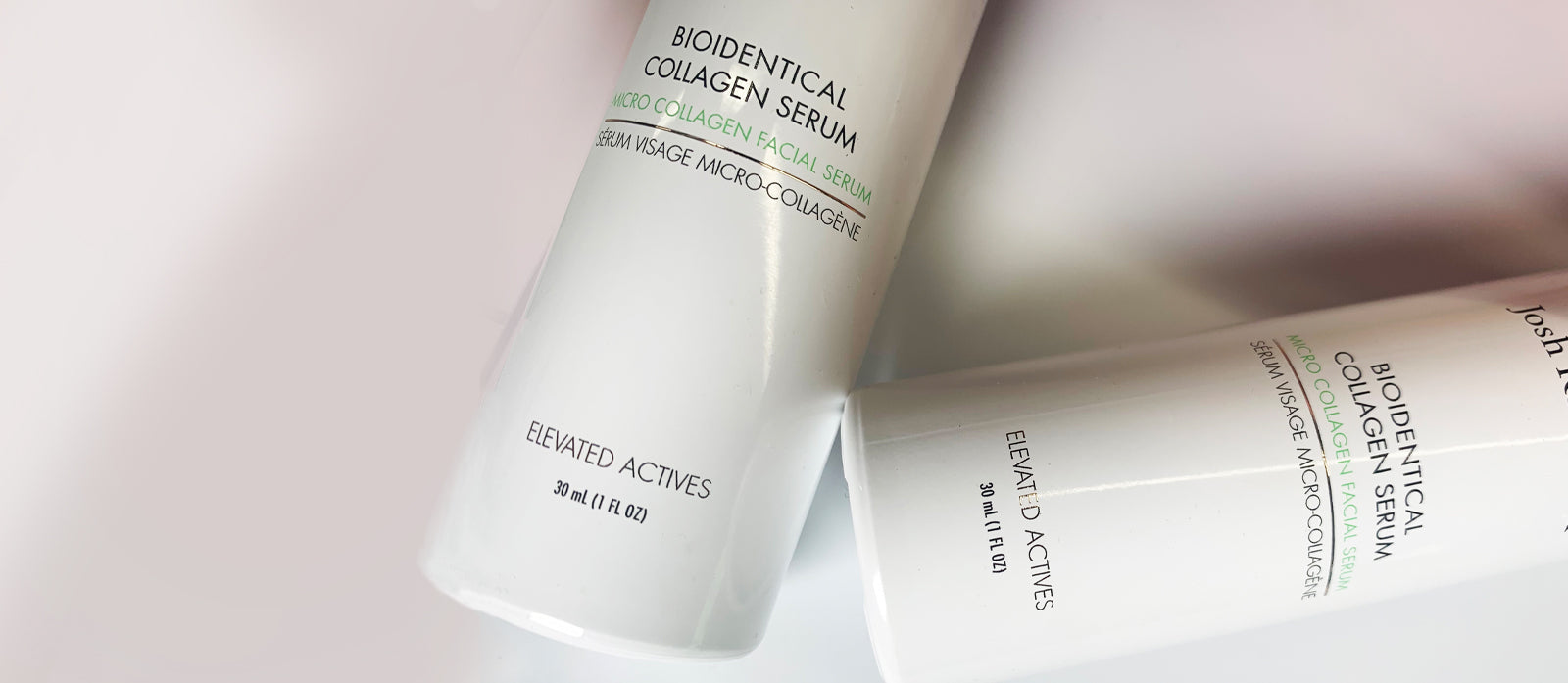
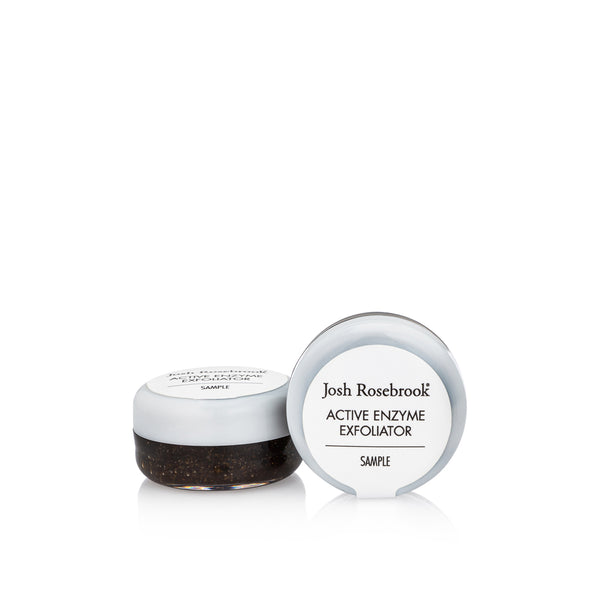
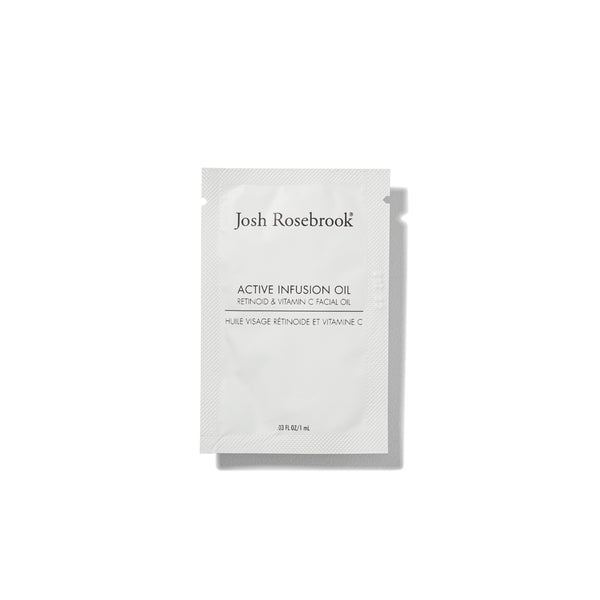
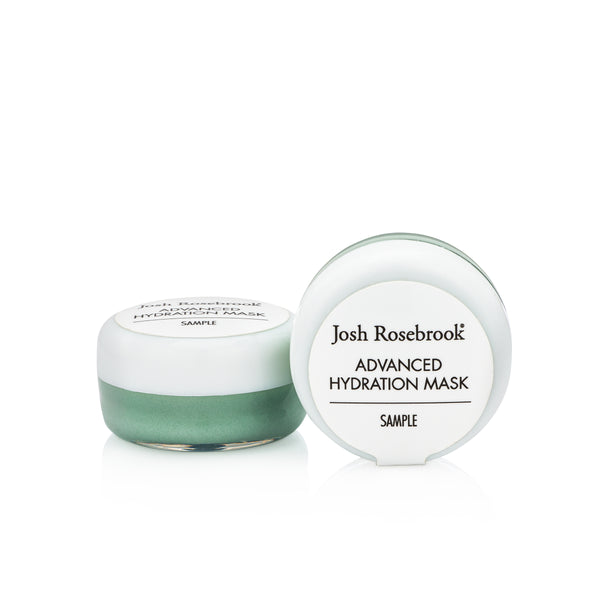
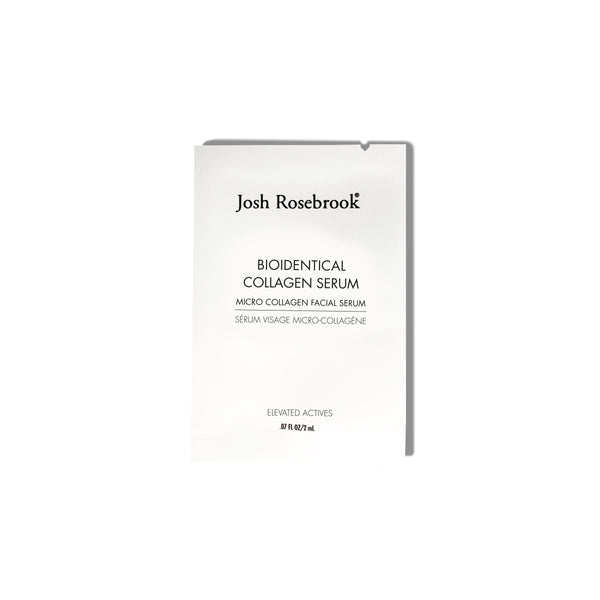

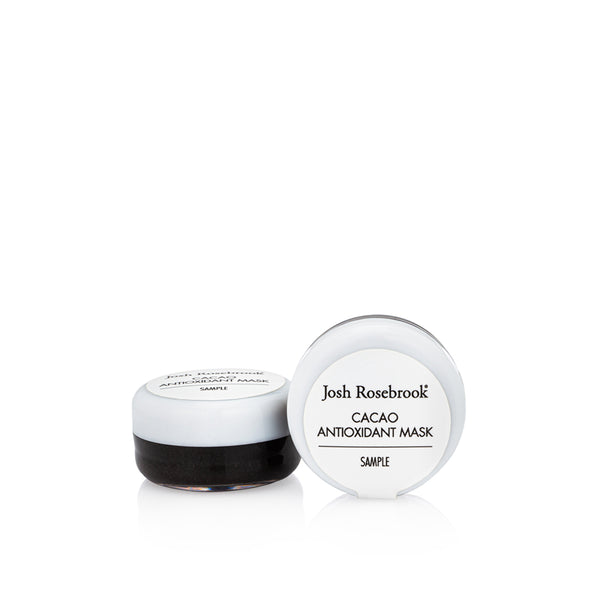
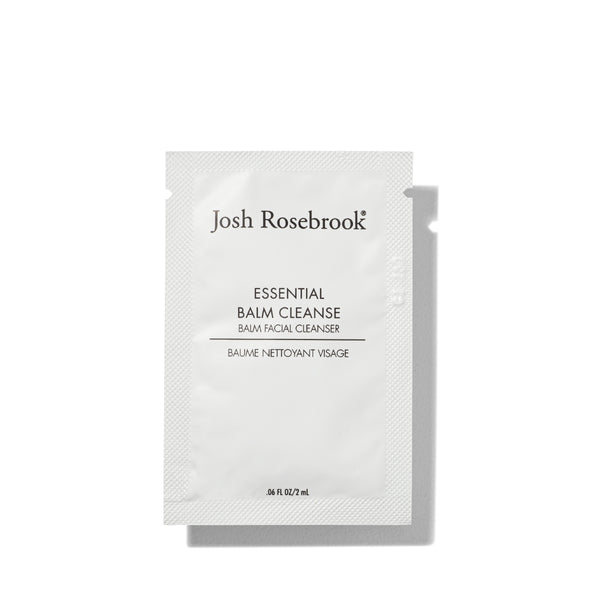
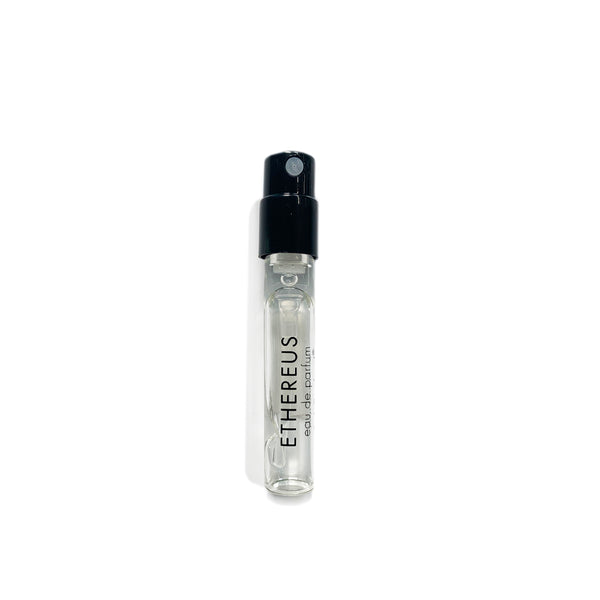
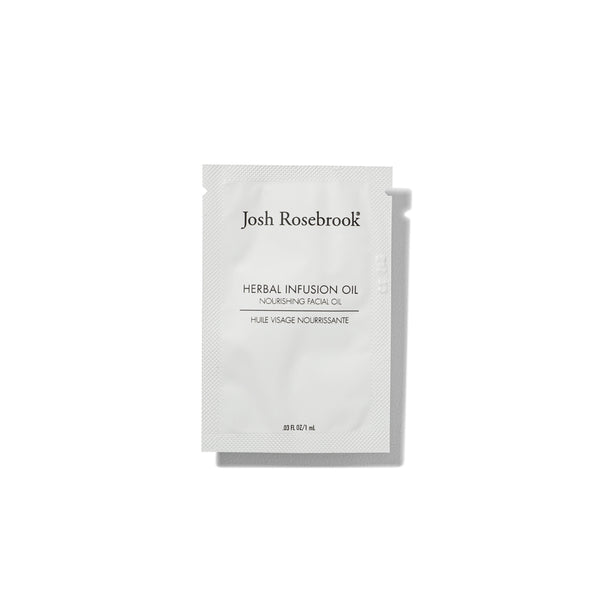
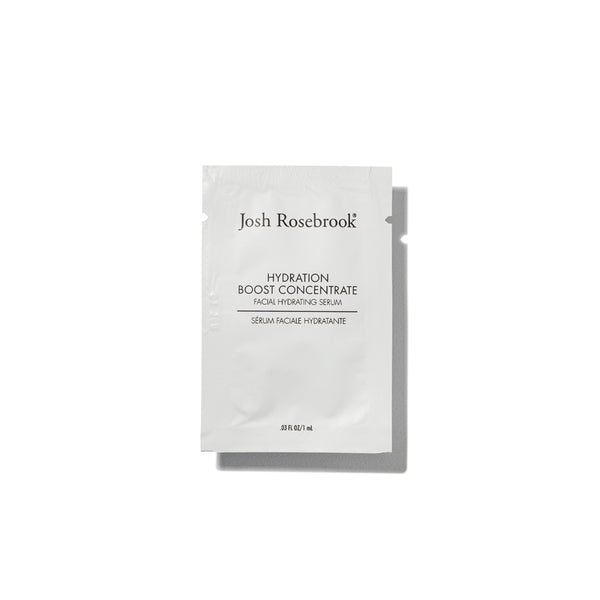
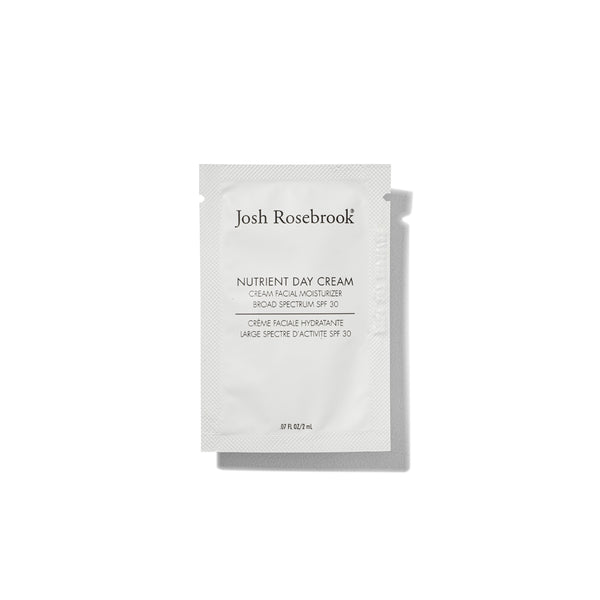
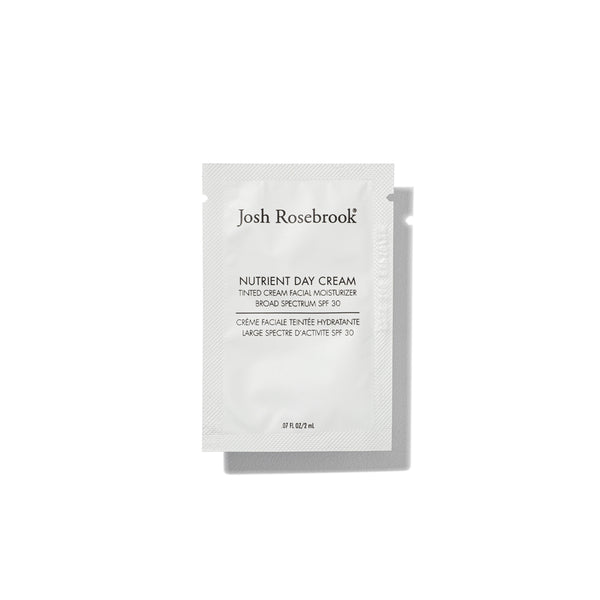
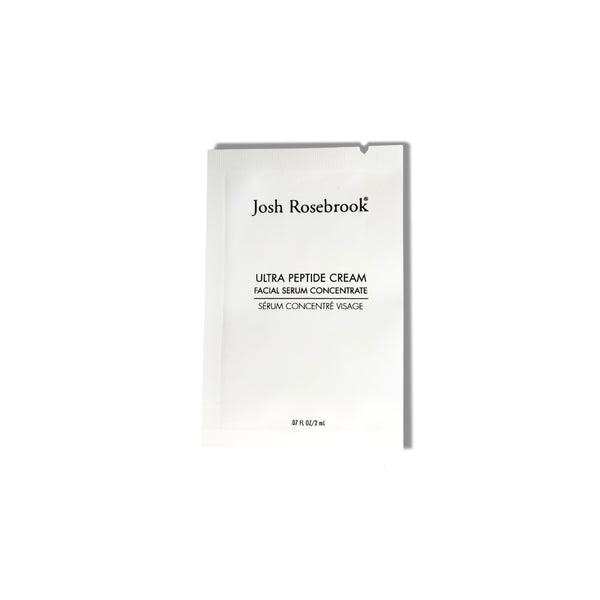
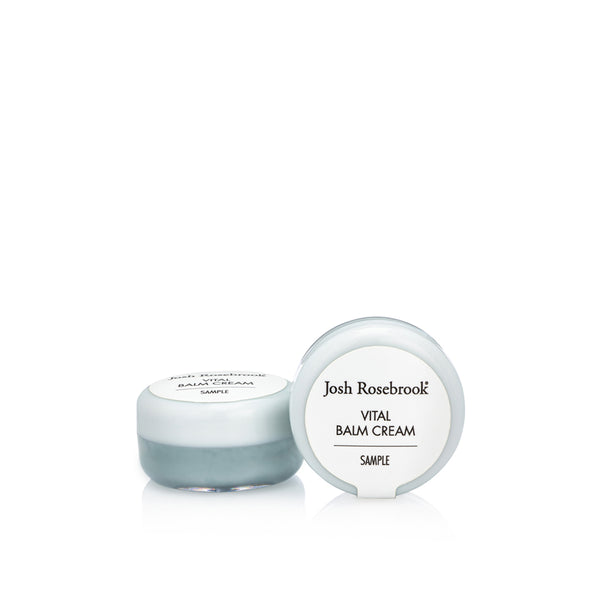
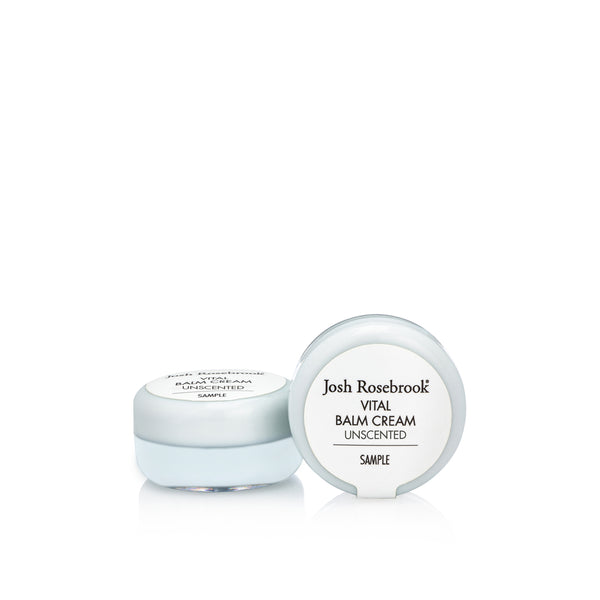
WRITTEN BY Josh Rosebrook